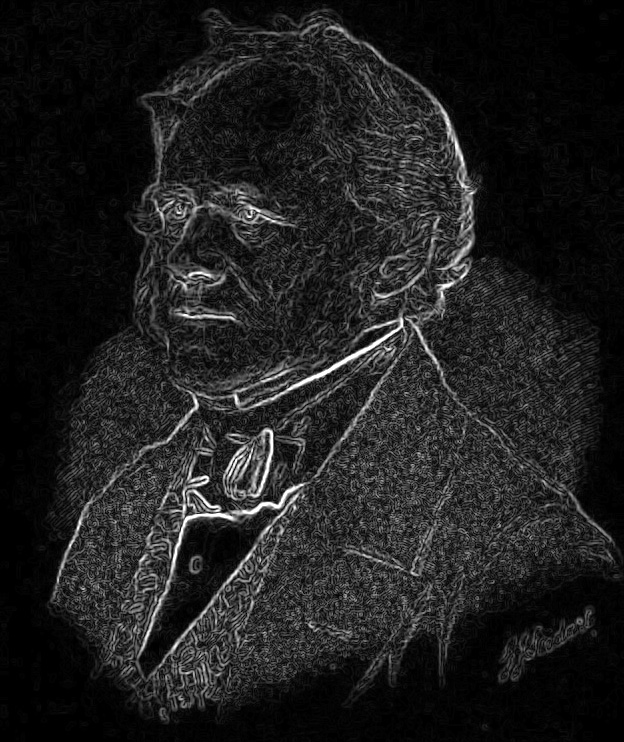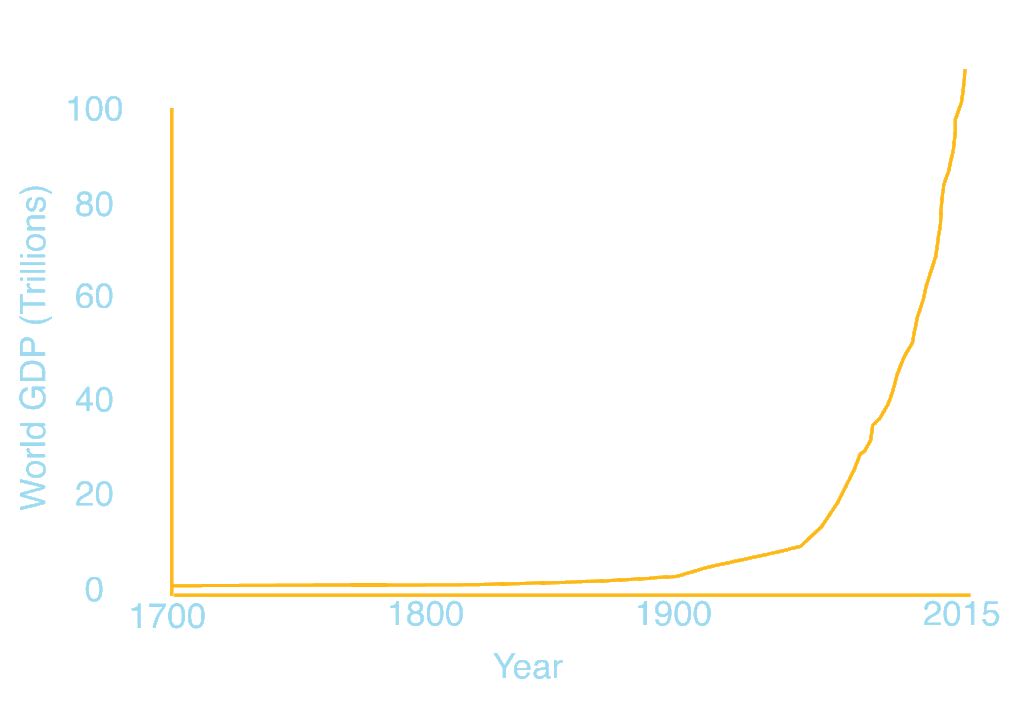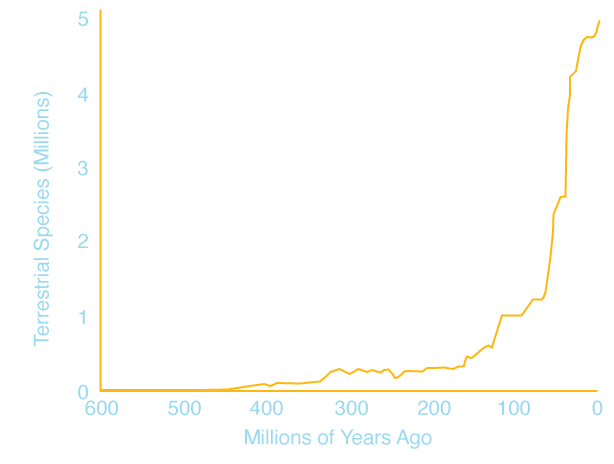Why did life advance?
The problem
The current theory of evolution does not explain long-term trends of expansion, including the increased complexity, diversity, and innovativeness of life.
Nevertheless, such long-term trends are now known to have occurred. Life started simple, and over time has expanded and filled the planet. Rather than a few self-replicating molecules, we now have tropical rainforests and coral reefs.
Evidence of Expansion

THE PROBLEM SEEN BY DARWIN'S CONTEMPORARIES
Charles Lyell, Darwin's Mentor

Lyell-Darwin 4 Oct. 1859
“…it would be better to put more broadly & fairly how little it (natural selection) explains, and how much of the mysterious intervention of some other & higher & what we call creative power is required…”
Darwin-Lyell 20 Oct. 1859
“I would give absolutely nothing to natural selection if it require miraculous additions…”
Lyell-Darwin 22 Oct. 1859
“I care not for the term ‘Creation’ but I want something higher than ‘selection…’”
Alfred Wallace

“…‘natural selection’ has no power to produce absolute perfection but only relative perfection, no power to advance any being beyond his fellow beings, but only just so much beyond them as to enable it to surive them in the struggle for existence.”
“…some more general and more fundamental law underlies that of ‘natural selection…’ It is more probable, that the true law lies too deep for us to discover it; but there seems to me, to be ample indication that such a law does exist…”
-Wallace 1871
Theory of Natural Reward
Resource abundance
There is much more available free energy in the universe than is utilized by life.
Life on earth uses much less than a billionth of the solar power. Our sun is but one of trillions in our galaxy alone.
A struggle for supremacy
The consequence of resource abundance is that the first to innovate are rewarded with monopoly profit.
- Monopolies in nature are often long term
- Competition occurs as a race to innovate
- Competition is indirect between alternatives that may not simultaneously coexist
natural reward
Those that are the first to innovate gain incumbent advantage.
Like in human economies, the first to seize an opportunity gain a monopoly profit.
The success of the innovative
The consequence of a natural reward for innovation is that the life forms most capable of inventing and disseminating inventions become widespread.
- Natural reward favors both inventiveness (evolvability) and exploration (dispersal, etc.)
- Natural selection explains origins, but natural reward explains differential success
- Natural reward leads to progress and advancement
Long-term processes
The theory of natural reward identifies separate macro and megaevolutionary processes.
Invention-conquest macroevolution
Occurs on time scale of 10^3-10^6 generations. Natural selection gradually creates inventions. Some convey an unforeseen ability to tap unexploited resources, and spread.
Extinction-Replacement megaevolution
Involves cycles of invention-conquest macroevolution. Although the first to monopolize a resource gains a monopoly, mass extinctions ensure the continuation of large-scale “struggle for surpemacy” competitions.
The Advancement of life
Through repeated bouts of invention-conquest macroevolution and extinction-replacement megaevolution, life advances with time. Similar processes occur in human culture over much shorter time frames (e.g., major scientific revolutions occur every 100-200 years).
Constraints
Darwin
During Darwin’s time, major economic theories connecting entrepreneurship and economic growth were lacking. Technological innovation was not as rapid. Humanity lacked the basic language to communicate a theory of innovation.
Modern synthesis
Authors of the modern synthesis assumed that the requirement for natural selection was heritable variation in fitness, with fitness defined as relative net reproductive success within a species. The focus was thus entirely on within-species evolutionary processes.
Today
Since the modern synthesis, attempts to extend the theory of evolution focused on the levels of selection or the meaning of fitness. The resulting theories often applied natural selection to species or higher levels. These theories ignore Darwin’s arguments for why natural selection applies only within species.

